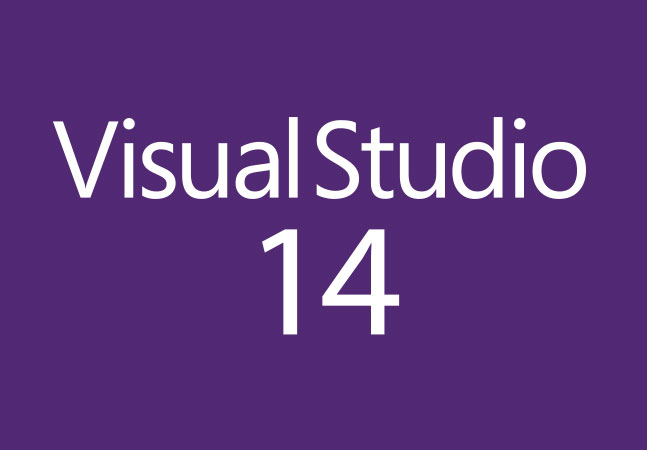News
Visual Studio '14' CTP Available as Azure VM
MSDN subscribers can try it for free with their Microsoft-supplied credits.

The Visual Studio "14" Community Technology Preview (CTP) was released two days ago, and has generated much interest among developers who want to find out what it can do. But being such an early stage product means keeping it off production servers. Microsoft has made it possible to test in the cloud, however, by creating the CTP as an image in the Virtual Machine Azure Gallery.
Microsoft Technical Fellow Brian Harry described his process of getting up and running with the CTP: " I was able to spin up the VM, start up VS, connect to my VSO account (roaming settings made that even easier), sync my project locally and build my app." VSO stands for Visual Studio Online, Microsoft's online version of Team Foundation Server.
Harry added that Microsoft may start providing the same service for "every pre-release" from the company.
The release notes for Visual Studio "14" state that the current CTP is English only, unsupported and should be used solely for testing, trial and feedback. In addition, the notes warn that there are known "known side-by-side compatibility issues with Visual Studio 2013," making a VM or Virtual Hard Drive (VHD) the best solution for using the product.
The CTP includes the .NET Compiler Platform, which makes the C# and Visual Basic compilers available as APIs; the ASP.NET vNext stack for Web application development; and updates to C++ as some of its new features.
About the Author
Keith Ward is the editor in chief of Virtualization & Cloud Review. Follow him on Twitter @VirtReviewKeith.